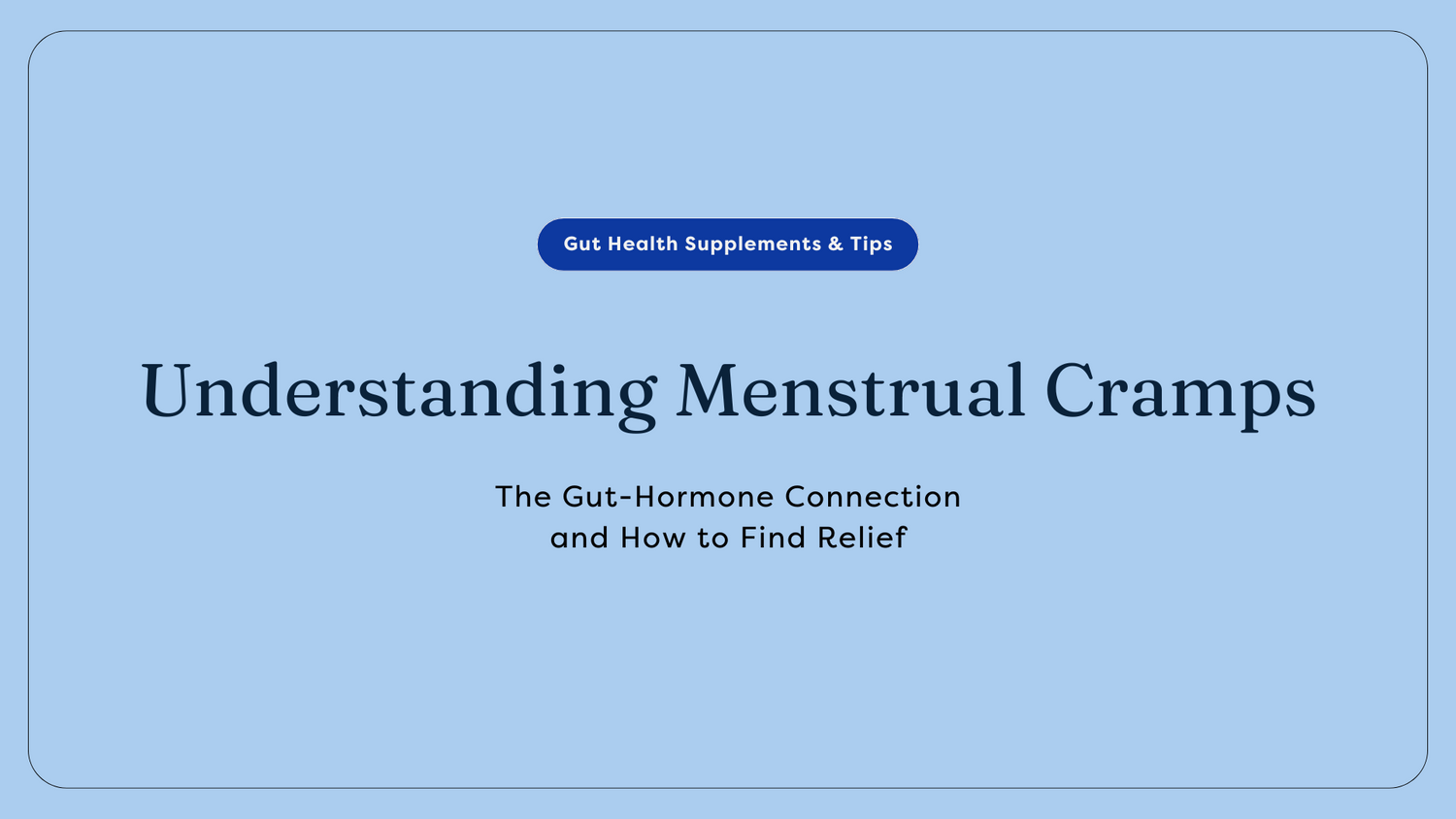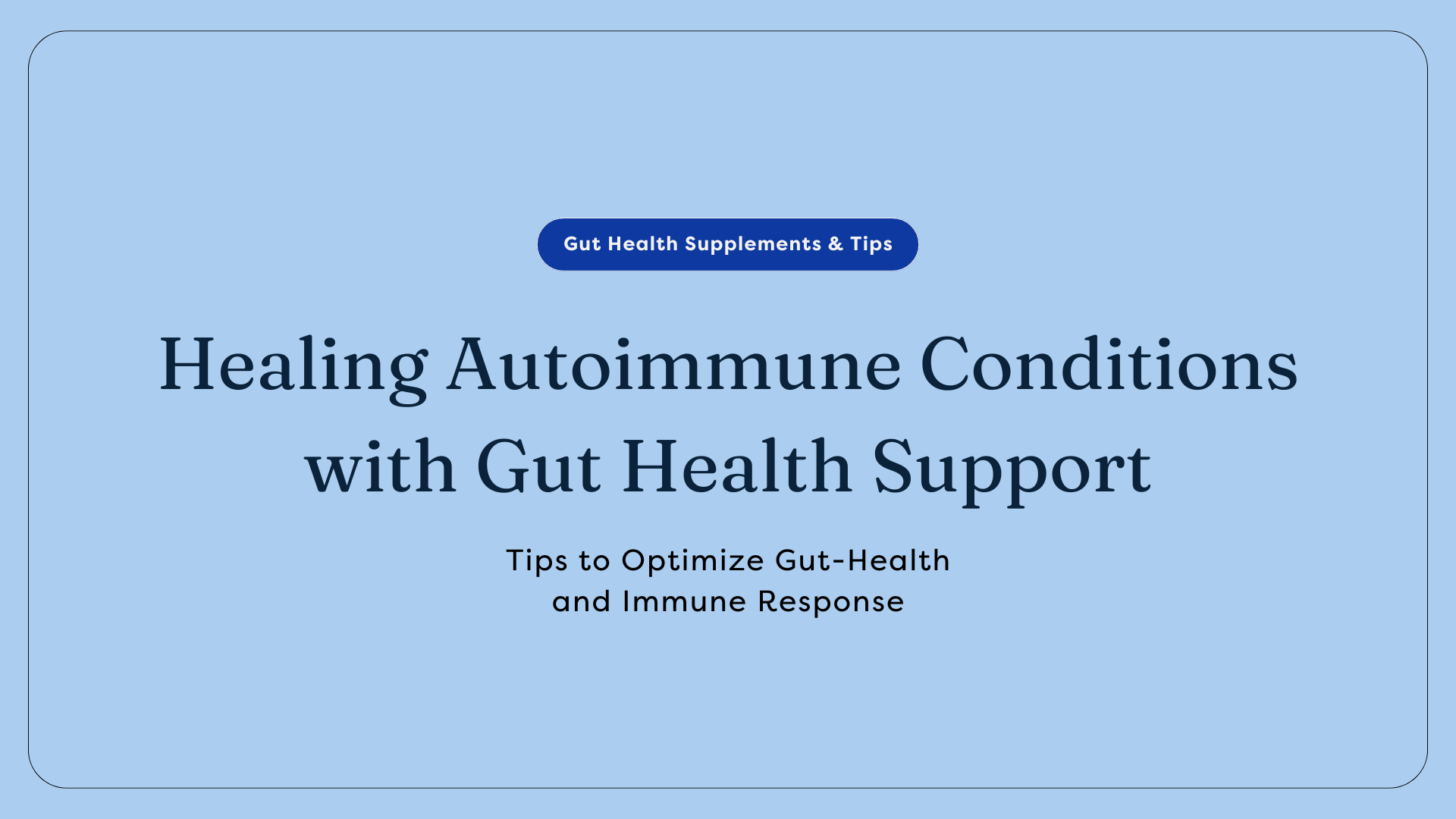For many women, menstrual cramps are an all-too-familiar monthly occurrence, often accompanied by discomfort, pain, and disruptions to daily life. While these cramps are commonly attributed to hormonal fluctuations, emerging research suggests that imbalances in the gut also play a significant role.
Let's chat about the connection between gut health and hormones, how imbalances can contribute to menstrual cramps, and how gut testing can help identify the root cause for effective relief.
The Gut-Hormone Connection
The gut and hormones are intricately connected, with each system influencing the other in a complex interplay of signals and responses. Here's how it works:
- Hormonal Regulation: The gut microbiome, composed of trillions of bacteria, plays a crucial role in hormone metabolism and regulation. Specific strains of gut bacteria are involved in the breakdown and excretion of estrogen and other hormones.
- Inflammation and Immune Response: Imbalances in the gut microbiome can lead to inflammation and immune dysregulation, which in turn can impact hormone balance. Chronic inflammation can exacerbate menstrual symptoms, including cramps.
- Neurotransmitter Production: The gut produces neurotransmitters like serotonin and dopamine, which influence mood, pain perception, and menstrual symptoms. Imbalances in gut bacteria can affect neurotransmitter production, contributing to pain and discomfort during menstruation.
How Gut Imbalances Contribute to Menstrual Cramps
- Estrogen Dominance: An imbalance in gut bacteria can lead to impaired estrogen metabolism, resulting in estrogen dominance. High levels of estrogen relative to progesterone can exacerbate menstrual symptoms, including cramps.
- Inflammation: Dysbiosis, or an imbalance in gut bacteria, can trigger inflammation in the body, leading to increased pain sensitivity and heightened menstrual cramps.
- Dysregulated Immune Response: Imbalances in the gut microbiome can disrupt the immune system, leading to an exaggerated immune response and increased inflammation, which can worsen menstrual cramps.
Addressing the Root Cause with Gut Testing
Gut testing, offered by GutPersonal, provides valuable insights into the composition of the gut microbiome and identifies specific imbalances that may be contributing to menstrual cramps. By measuring for inflammation, bad gut bacteria, and hormone metabolism, gut testing can pinpoint the root cause of menstrual symptoms, allowing for a customized treatment plan.
How to Support Gut and Hormone Health for Menstrual Cramp Relief
- Nutrition: Incorporate fiber-rich foods, probiotic-rich foods, and anti-inflammatory foods into your diet to support gut health and hormone balance.
- Supplementation: Consider supplements like probiotics, omega-3 fatty acids, and magnesium to support gut health, reduce inflammation, and alleviate menstrual cramps.
- Stress Management: Practice stress-reducing techniques such as mindfulness, yoga, and deep breathing exercises to support hormone balance and reduce cortisol levels.
- Gut Testing: Consider gut testing with GutPersonal to identify underlying imbalances in the gut microbiome and hormone metabolism for a customized treatment plan.
Menstrual cramps are often a sign of imbalances in both the gut and hormone systems. By addressing these imbalances through dietary modifications, supplementation, stress management, and gut testing, you can find relief from menstrual cramps and support overall health and well-being. Take proactive steps to optimize gut and hormone health, and empower yourself to enjoy a pain-free menstrual cycle.









Leave a comment
All comments are moderated before being published.
This site is protected by hCaptcha and the hCaptcha Privacy Policy and Terms of Service apply.